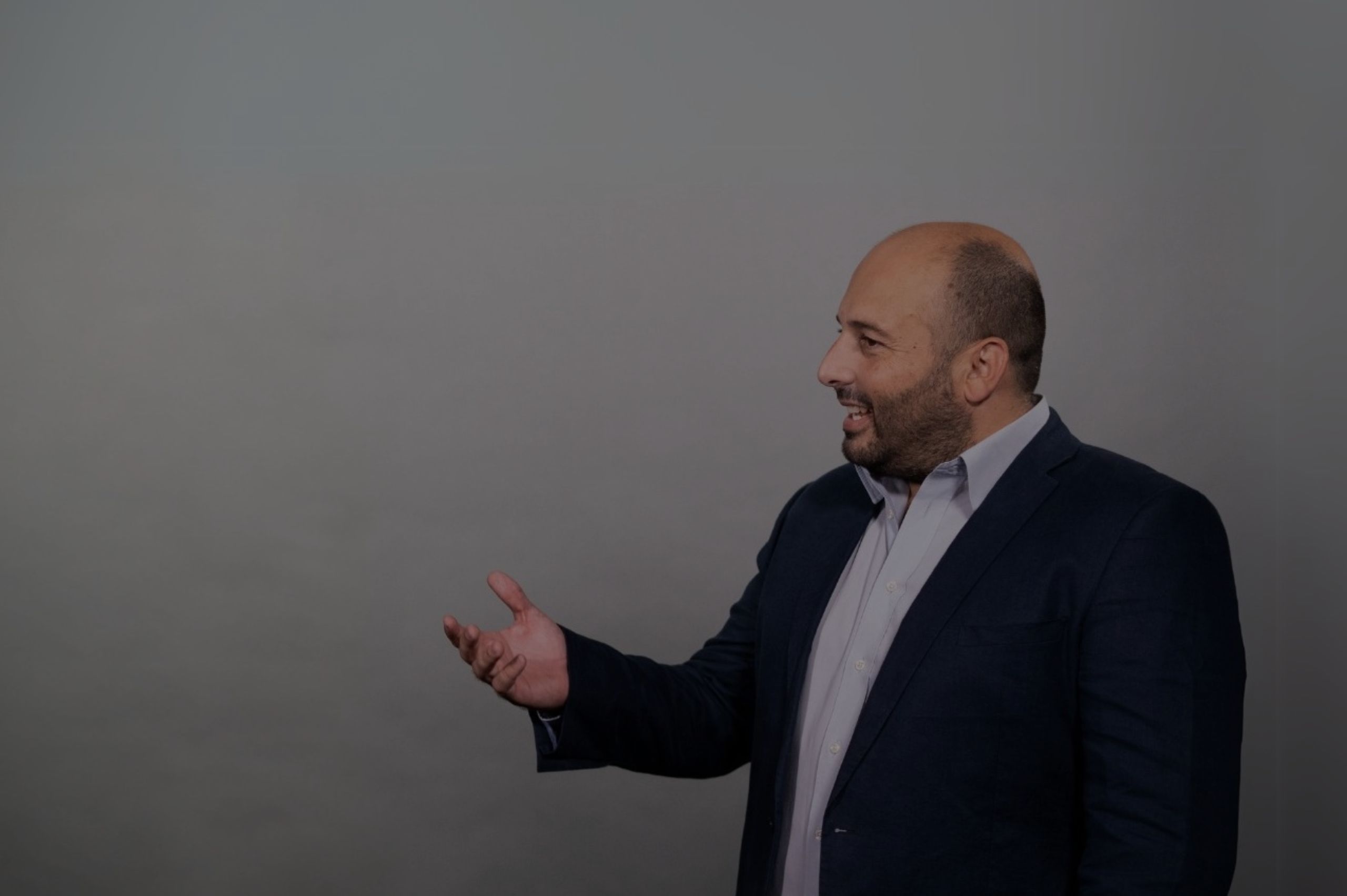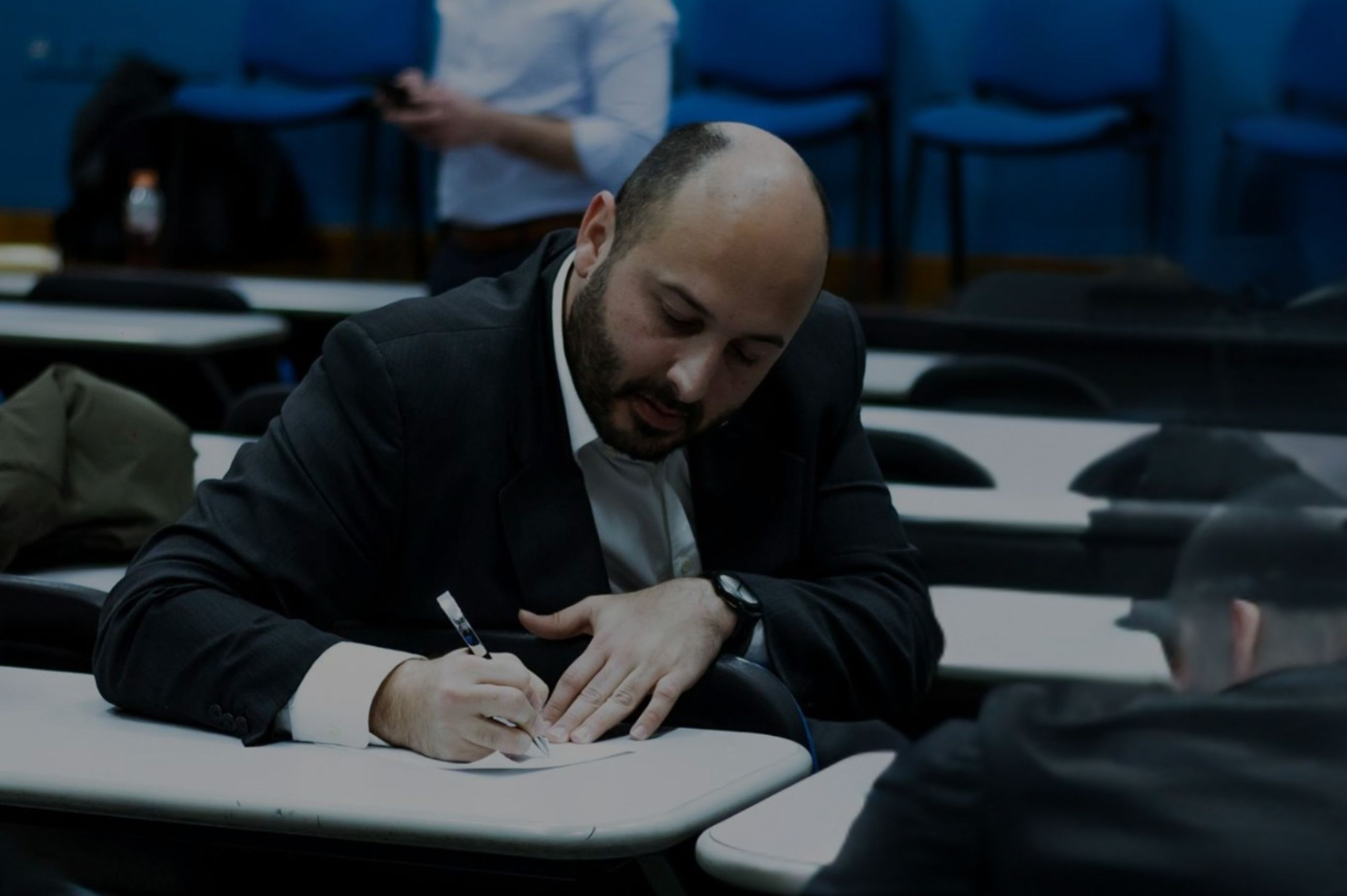Rumours, Noise and Real Growth: Learning to Keep My Eyes on the Road
“Matthew is a closeted gay.”“Matthew jumps from woman to woman.”“He’s money-minded.”“I’ve heard he sees women for free if they ‘offer favours’.”“I’ve heard he’s manipulative.”“He chose sex therapy because he must be a pervert.”“All talk, no sex.”“Matthew abuses his psychology assistants—slave-driver, really.”“He’s definitely a narcissist on TV all the time.” That is merely a summary of the rumours spread about me over the years. Some of it is unintentionally funny, most is hurtful, and none is true. Yet for a long time, I treated every whisper as an emergency. I drafted clarifications, confronted gossip, and burned hours defending myself to
Stress at the Top
Why Leadership in Malta is More Isolated Than You Think We often picture business leaders as confident, driven, and in control. They make big decisions, move companies forward, and often carry the weight of others. But in reality, many leaders do all this while feeling deeply alone. In our recent research conducted through Willingness in collaboration with the Malta Chamber of Commerce, we asked a simple but rarely discussed question: Who is taking care of the boss? The answers we received revealed something striking. Behind the ambition and strength that define many Maltese business leaders, there is a silent,
True Leadership: The Courage to Be Disliked for the Right Reasons
Disliked for the Right Reasons: The Essence of True Leadership True leadership demands the courage to be disliked for the right reasons. It doesn’t chase popularity, applause, or praise. Instead, it takes ownership—of your team, your mission, and the future you aim to create. Discomfort, disapproval, and misunderstanding often follow, but leaders face them head-on. Why Leaders Get Disliked for Doing What’s Right History remembers the leaders who made unpopular decisions to serve something greater than themselves. Winston Churchill stood firm despite criticism for his bluntness, guiding the free world through war. Nelson Mandela endured decades in prison, labelled
The Lonely Boss
Leadership Isn’t Always What It Seems We often picture business leaders as confident, driven, and in control. They make big decisions, move companies forward, and carry the weight of others. But many do all this while feeling deeply alone. Who Supports the Boss? In our recent research conducted through Willingness in collaboration with the Malta Chamber of Commerce, we asked a simple but rarely discussed question: Who is taking care of the boss? The responses revealed something striking. Behind the ambition and strength of many Maltese leaders lies a silent, growing sense of disconnection and emotional fatigue. What Sets
Who’s Taking Care of the Boss?
Boss Under Pressure: Who Cares for the Leader? Over the last few months, my team at Willingness and I explored a question that’s lingered in boardrooms, HR offices, and clinics for years: Who is taking care of the boss? As therapists, psychologists, business leaders, and fellow humans, we’ve seen the toll leadership can take—especially in Malta’s private sector. So, we decided to dig deeper. What followed was a study that merged data collection with lived experience. The results were eye-opening. The Psychology Behind Leadership Let’s start with the kind of person who typically becomes a leader. Our data and
How Becoming Malta’s First Sex Therapist Changed Me as a Man
Expert Sex Therapist Advice from the Start When I first set out on this journey, I thought I was introducing something Malta desperately needed—open, honest, and professional conversations about sex, relationships, and intimacy. I didn’t realise how much this work would reshape me as a man, how it would influence my relationships, and how it would challenge my perception of love, trust, and even myself. A Personal Evolution Being Malta’s first sex therapist wasn’t just about breaking cultural taboos. It forced me to question my beliefs, refine my emotional boundaries, and, at times, navigate unexpected struggles in my personal
Learning to Let Go: A Lesson in Life and Professional Growth
This is not a piece for you to use to justify giving up and quitting without trying. This is about those moments when you know you gave it your all and are struggling to admit it. One of the most challenging things to learn is to let go. I was unable to break the vicious cycle of attempting to breathe new life into things that had long since lost their relevance to me. Whether in my personal relationships or my career, I wasted a lot of effort clinging on when I should have been releasing. It's the kind of
Training Yourself to Become Anti-Fragile: The Neuropsychology of Resilience
Resilience, the ability to bounce back from adversity, is crucial for overcoming life's challenges. However, the concept of anti-fragility—the ability not just to withstand adversity but to thrive and become stronger in the face of it—has recently gained significant attention. Understanding the neuropsychology behind resilience and learning strategies to become anti-fragile can greatly enhance our capacity to excel under pressure. The Science Behind Resilience Resilience is rooted in various neurobiological mechanisms involving key brain regions and neurotransmitter systems. The amygdala, hippocampus, and prefrontal cortex play pivotal roles in regulating emotional responses and managing stress. Prefrontal Cortex: This region is
The Path to Genuine Resilience: Adopting Antifragility
My life and the lives of the people I work with have taught me that the notion of resilience is no longer adequate in a world that is perpetually changing and presenting new challenges. The conventional concept of resilience, which involves returning to a previous state following a setback, must help individuals navigate the intricacies and uncertainties of contemporary life. We must instead endeavour to achieve antifragility, a concept that Nassim Nicholas Taleb introduced in his book "Antifragile: Things That Gain from Disorder." Antifragility surpasses mundane resilience by flourishing and fortifying itself in adversity. As an entrepreneur, trainer, and










